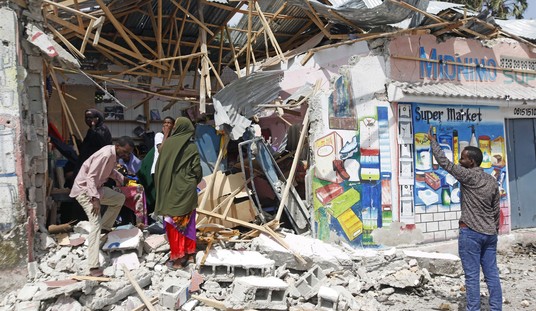A failed plot to oust the Bangladesh government, on January 19, 2012 by what the army described as “religiously fanatic” officers, likened with Hizb-ut-Tahrir has raised questions over the level of Islamist penetration in the military. Security forces arrested five members of Hizb-ut-Tahrir but the alleged coup leader, a major, remains at large.
The army, a relatively secular institution in Bangladesh, said about 16 current and former officers were involved from Hizb-ut-Tahrir, a very radical Islamist group outlawed in Bangladesh but operating freely in many Western countries.
Intelligence officials said hundreds of pro-Islamist officers and soldiers had been drafted into the army in recent years and some had now reached the middle ranks. The crackdown on these elements within the country by the Sheikh Hasina government hasn’t gone down well with Islamist political groups. These include the Jamaat-e-Islami political party and others whose leaders are now behind bars.
Army intelligence discovered that the conspirators were operating through Facebook and by cell phone to recruit others. In February 2009, a similar two-day revolt starting in the capital, Dhaka, and spreading to a dozen other cities ended with the death of 70 people, including 51 army officers.
Bangladesh has had a history of political violence, coups and counter-coups since gaining independence in 1971. Sheikh Mujibur Rahman, the country’s first president and father of the current prime minister, Sheikh Hasina, was assassinated during his overthrow by the army in 1975. Rahman’s overthrow came partly due to Islamist complaints about his relative secularism and alliance with Hindu India.
Bangladesh was run by a military dictator again from 1982 to 1990. Democracy was restored in 1991, but street battles between supporters of Prime Minister Hasina and her political rival, Khaleda Zia, prompted the army to step in again in January 2007.
The fact that the country’s prime minister is a woman further infuriates the Islamists. In recent years Hizb-ut-Tahrir has changed its tactics from covert to overt, organizing seminars and demonstrations despite being outlawed by the government. Bangladeshi Hizb-ut-Tahrir’s leaders has written many books claiming that a Judeo-Christian plot caused the caliphate’s demise and criticized the form of moderate Islam in Bangladesh as “This Islam is not at all Islam.”
Next year, elections are scheduled for Bangladesh and Islamist parties are believed to have good chances for winning the election or at least doing well enough to become partners in a government coalition.









Join the conversation as a VIP Member